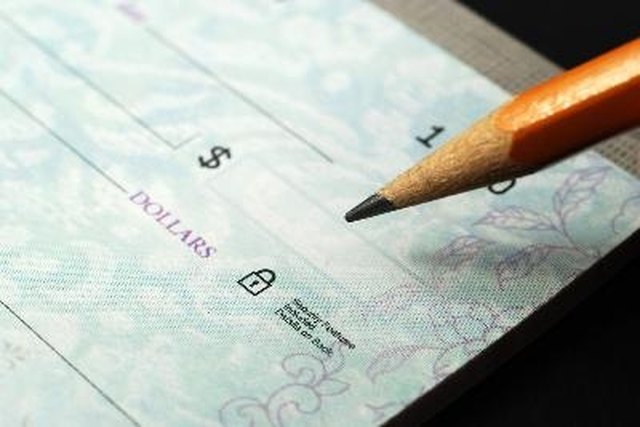


If you always know exactly, or even approximately, how much money you should have in your accounts, it’s easier to spot when the balances look off or things aren’t adding up. On the flip side, tracking your spending allows you to know where your hard-earned money is going and determine if you’d like to make any changes to your spending habits.Īnother major benefit of keeping a close eye on your transactions and account balances is to protect yourself against fraud. You might think that your paycheck is your only source of money, then realize that you’re also receiving money from friends and family, side gigs, tax returns, lottery winnings, etc.

Tracking your income can help you monitor the sources of your money and grasp how often (and how much) money is flowing into your account. While modern-day banking may have changed the way you track your finances, the main purpose of balancing a checkbook – to keep tabs on money you’re receiving and spending and know what’s in your account– remains just as important. You may remember the days that you (or maybe you watched a relative) sit down with their checkbook register and bank statement to reconcile their accounts. When was the last time you paid for something with a physical check? The answer to this might depend on your generation and the types of purchases you’ve made recently.Ĭash and checks used to be the most common payment methods, and due to checks taking time to clear, it was standard practice to keep track of money coming in and out of your account with a physical checkbook register. Applying for a Business Loan: Tips for Getting Started.Back to Basics: Preventative Measures Against Scams.Five Housing Market Trends to Watch in 2023.Podcast Series: No Shame in This Money Game.Insights: Financial insights from our industry experts that can help guide your financial decisions.Test Your Browser - is it the latest version?.


 0 kommentar(er)
0 kommentar(er)
